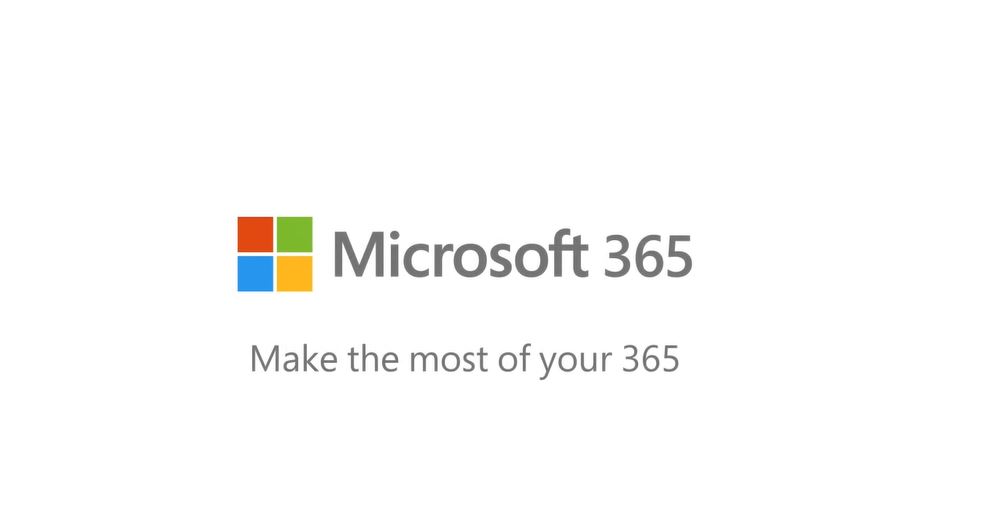One of a business’s most important assets is its own data. Without access to customer information, invoices and templates, a business cannot function. Considering its importance, regular data backups are now a necessity for all business and organisations in 2021.
At one time, the best practice for back up and disaster recovery was a tape backup. IT practitioners would back up data weekly, or even monthly and store the tapes offsite should a disaster happen to the office/factory. This method was costly, and often resulted in significant downtime and data loss. Fortunately, cloud backup has solved mostly all of these limitations, which we will be discussing in this article.
Effective Disaster Recovery
Businesses data is constantly subject to many risks including natural disasters, accidental or malicious deletion and hardware malfunction. It is important that when a disaster occurs you have a copy of your data stored offsite. With traditional tape backups, businesses would have to travel or use a courier to collect their data. Whereas the benefit of having a cloud backup is that your data is stored offsite and is easily recoverable by simply logging in and start restoring your files. You can schedule data backups as often required.
Anticipate Costs
In uncertain times, the value of predictability heightens. Large amounts of data is expensive to manage, especially without help. Fortunately cloud backup simplifies this by automating processes and only charging customers for the amount of data backed up each month.
Security and Compliance
Cyber criminals may attack where backups are being stored leading to data breaches, so businesses should choose carefully when picking their cloud backup provider. Solutions like Acronis Cyber Protect offer end to end encryption and built in ransomware protection to ensure the high levels of security and compliance. Technology can detect if there is ransomware and will then automatically remove it, the system will then revert back to a previous backup, pre infection. This limits downtime and can save an enterprise thousands of pounds if they have to pay a ransom.
Compliance rules require that businesses in a number of sectors have to retain information for a set period of time. Cloud backups facilitate this requirement by offering flexible retention policies covering mostly all sectors.
No matter your size or industry, backup should be a top priority to prevent data loss and and prevent downtime. If you would like to find out more about cloud backups for your business, get in touch today.



 Previous
Previous







